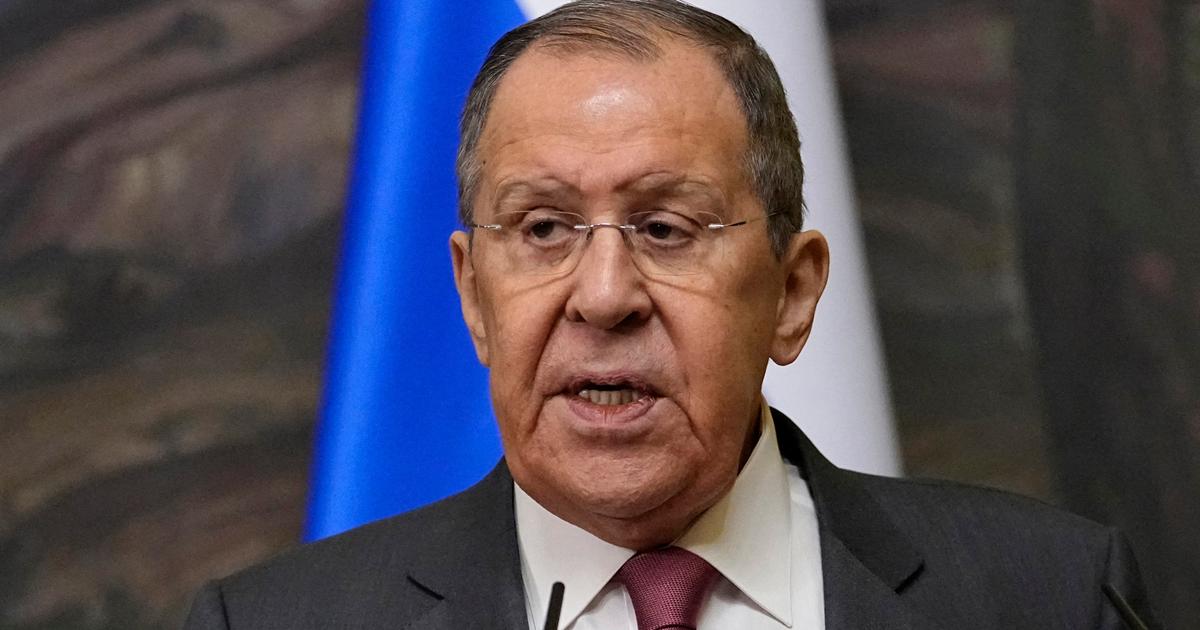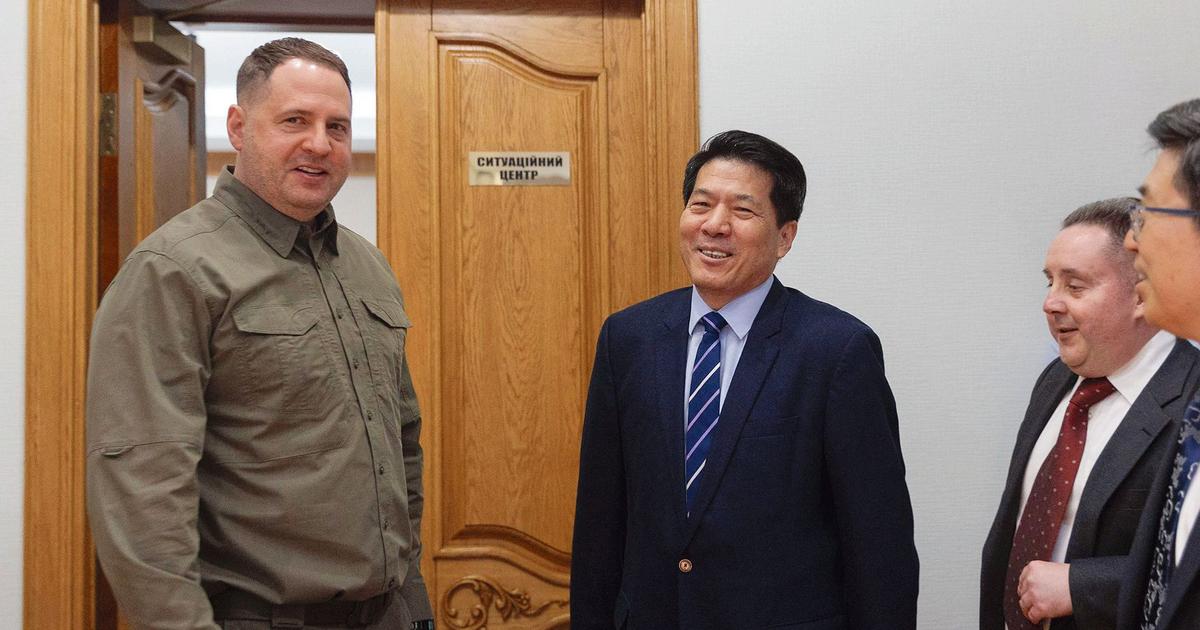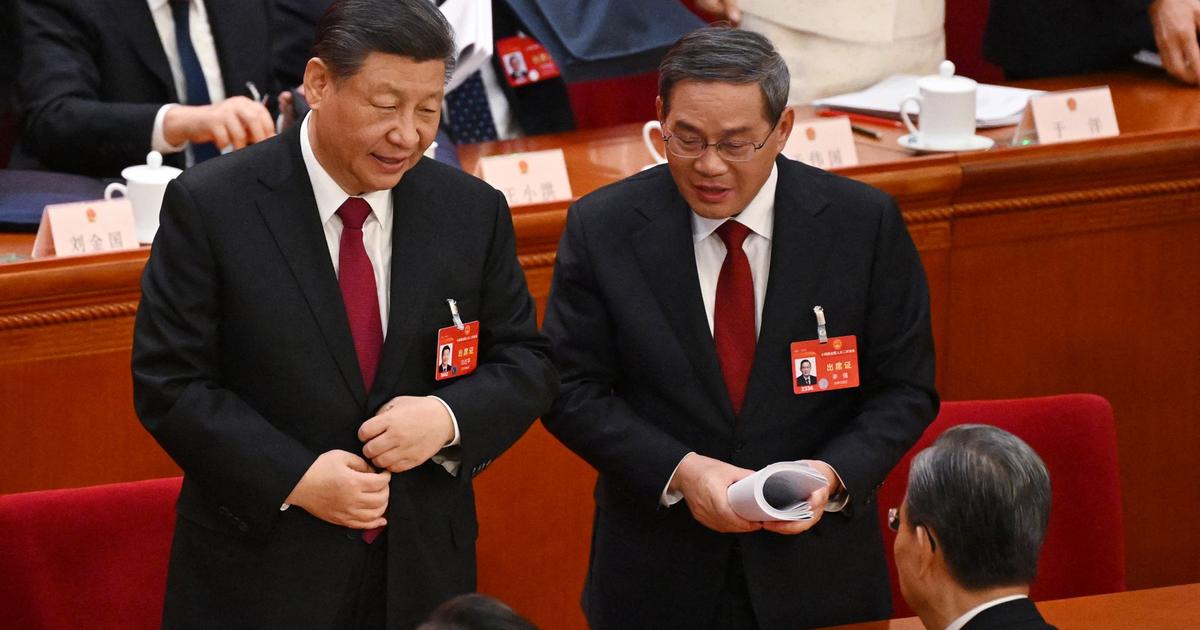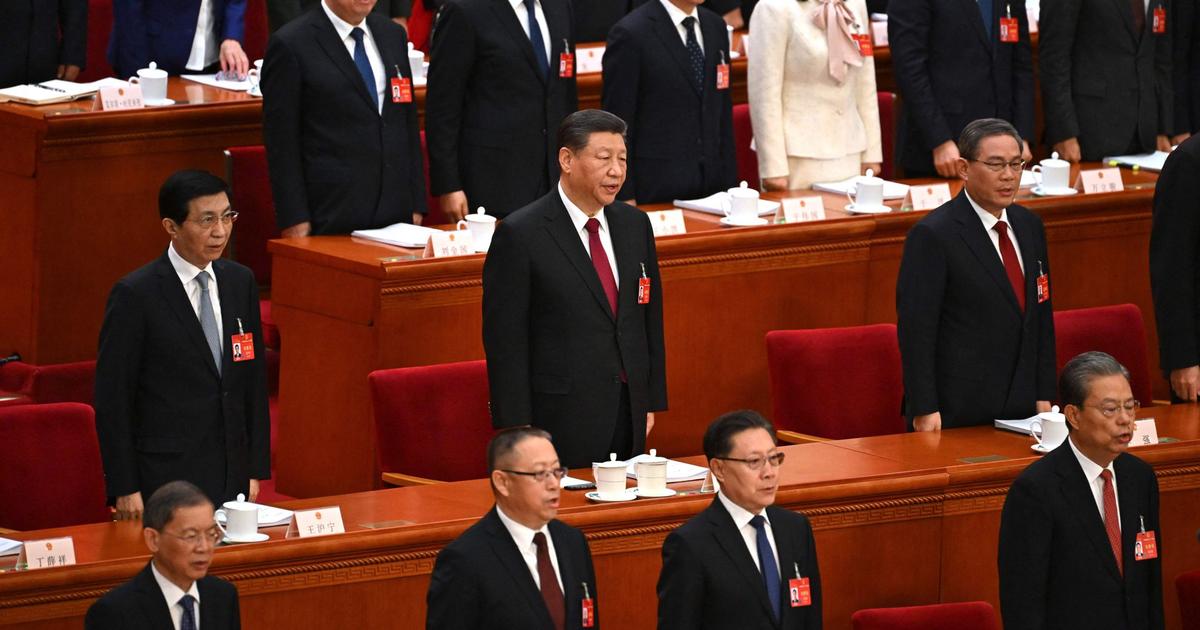Chinese President Xi Jinping will be the big star of the meeting held next week by the World Economic Forum (WEF) and which for the first time will be held completely virtual in view of the limitations imposed by the pandemic of the coronavirus.
It will be the anticipation - or so the Forum hopes - of the face-to-face meeting to be held in May and, also for the first time in its 51-year history, in Singapore.
A proof of the importance that the organization that every year brings together the world economic elite in the Swiss station of Davos to Asia as a whole.
"This year Asia will represent more than 50% of the world GDP and for some time now it represents more than 50% of the world's population", explained on Monday the president of the WEF, Borge Brende.
Four years have passed since Xi went to Davos and made one of the most symbolic speeches of his political career, establishing himself as the defender of globalization and counterpoint to the trade wars launched by then-US President Donald Trump.
On this occasion, John Kerry, President-elect Joe Biden's Presidential Envoy for Climate, will be the highest-ranking US official to participate in the virtual gathering.
But Davos is very given to last minute surprises, especially on this occasion that there is no need to make physical trips to the ski resort.
Joining Xi and Kerry will be other relevant figures in world politics and economics, such as German Chancellor Angela Merkel;
the French President, Emmanuel Macron;
the Prime Minister of Japan, or the President of India, Narendra Modi.
The President of the Government, Pedro Sánchez, will speak next Monday at a round table on the new social contract.
On the Latin American side, the presidents of Argentina, Alberto Fernández, and of Colombia, Iván Duque, among others will attend.
Warming up engines for the meeting, the WEF yesterday published its annual risk report in which it warns of the impact of the coronavirus pandemic not only on the millions of lives that it has claimed but also the setback that the pandemic has caused in terms of inequality, This has increased the gap between "haves and have nots" and threatens social cohesion.
“In 2020, the risk of a global pandemic became a reality, something that this report on risks has been highlighting since 2006. We know that it is difficult for governments, companies and other economic actors to face such long-term risks, but the The lesson that this situation offers us is that ignoring threats does not make them less unlikely, ”said Saadia Zahidi, managing director of the WEF.
In fact, infectious diseases and livelihood crises remain the biggest short-term threat to experts consulted by Davos.
The data supports that wake-up call.
According to the World Bank, extreme poverty - understood as the situation of those living on less than $ 1.9 a day - soared last year as a result of the pandemic.
After 20 years of uninterrupted reduction, the number of people living in extreme poverty went from 27 to 115 million in a single year and, according to the organization's president, David Malpass, in October, that figure could reach 150 million in 2021.
But the inequalities go much further.
Technological access and digital training mark a new barrier between those who are going to access the 100 million jobs that Davos estimates the digital transformation will create - versus the 85 million jobs that will be destroyed - and those who will not.
Many of them young people living the second crisis in their generation, after the Great Recession of 2008.
“The 2020 pandemic has been a stress test that will shake the foundations of the economy and societies around the world.
Reconstruction will require funding, international cooperation and greater social cohesion, ”says Lee Hyung-hee, president of SK Group, in the report.
A very ambitious scenario even for Davos.
The old risks return
One of the painful lessons from the 2008 financial crisis is the economic and social damage caused by fiscal adjustments when they are carried out prematurely, or even in the midst of a crisis.
Hence, no one has questioned the volume of stimulus that governments and central banks have mobilized in this crisis.
Until now.
The former governor of the Bank of England, Mervyn King, warned last weekend in EL PAÍS of the risk of a debt crisis.
The men of Davos also perceive in a period of three to five years the return of that old risk that repeatedly put the euro on the brink of the abyss, as well as the bursting of asset bubbles (just look at the evolution of the stock markets), price instability, a shock in raw materials ... A debate that will undoubtedly have its place at the Davos round tables, no matter how much the old paradigm may seem to some to have been overcome.

/cloudfront-eu-central-1.images.arcpublishing.com/prisa/IYKA5AYFXWATWNELJO3ETKOUSY.jpg)

/cloudfront-eu-central-1.images.arcpublishing.com/prisa/ZH6GEEGTO7GQ27OPW2XP3TFYNI.jpg)




